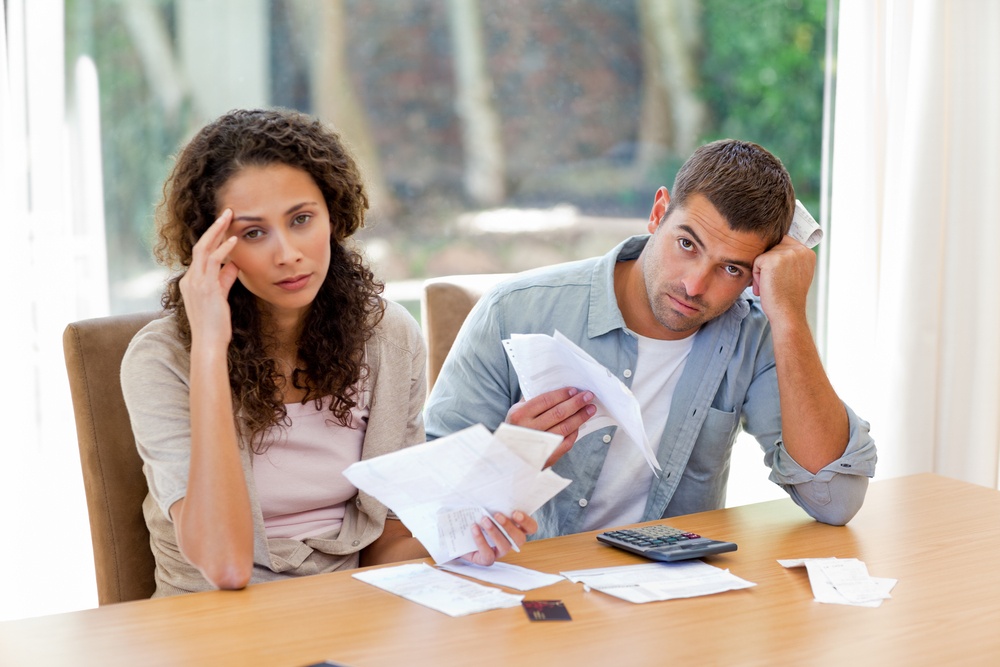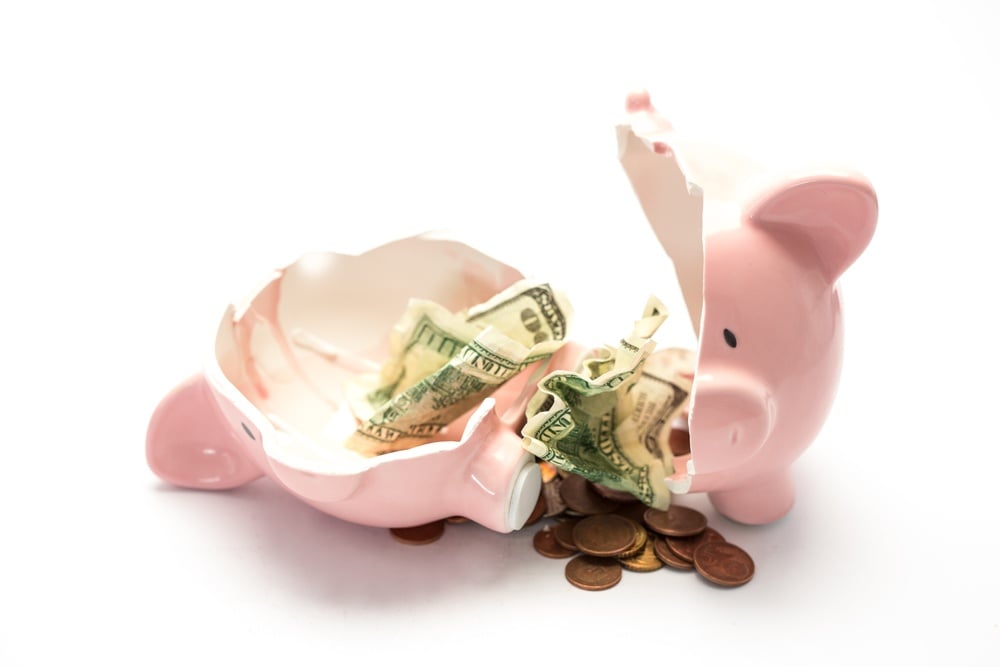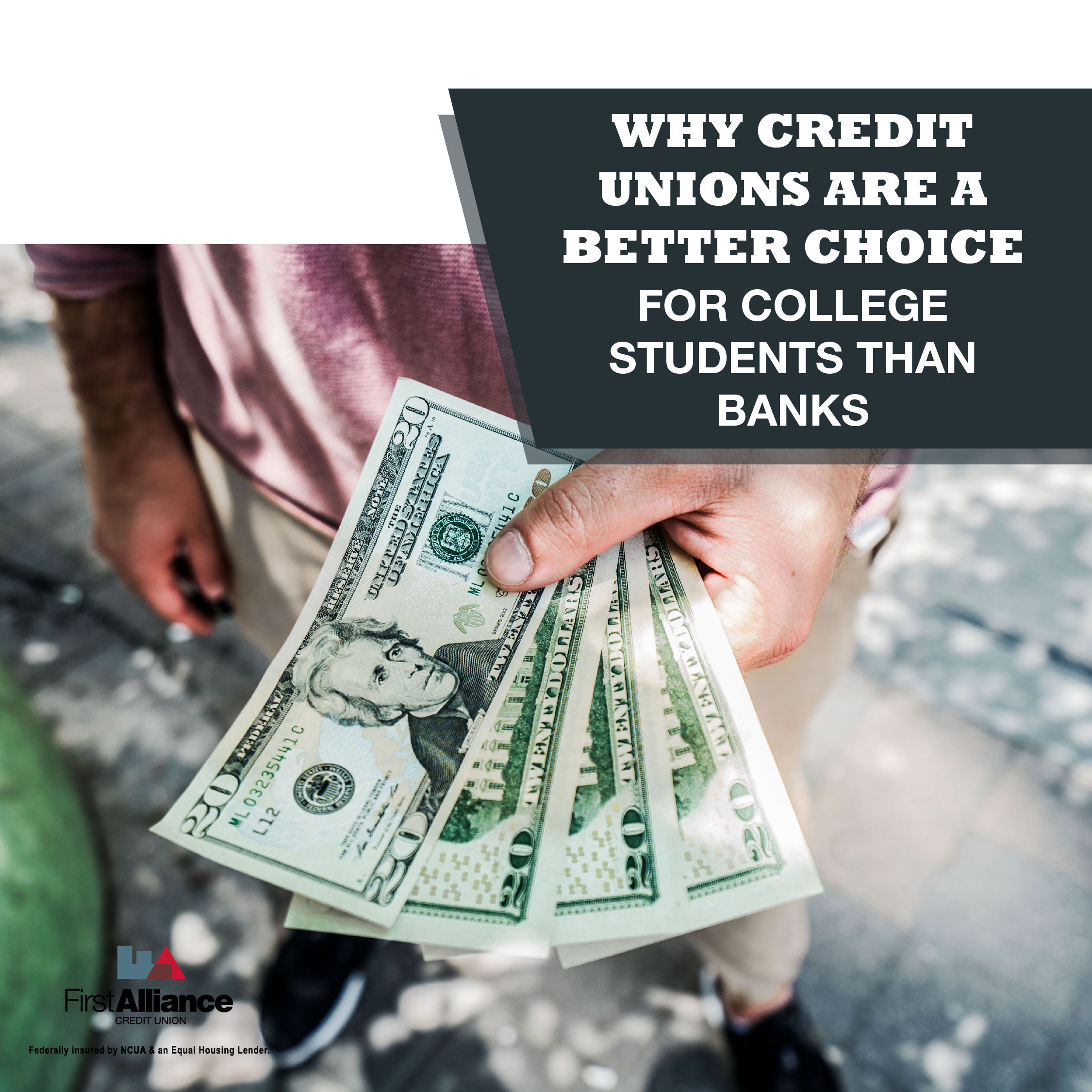How to Rebuild Your Credit
We all know that life happens. Divorce, health issues, emergencies, one or a combination of any life event can adversely impact your credit score....
.jpg)
Short answer: usually yes. Credit scores track loans and credit cards, not your past bank account activity. Banks and credit unions look at separate reports on your banking history to approve new accounts.
A checking account is the cornerstone to financial success for everyone, but it’s an especially important tool for people who are trying to rebuild their credit. However, many people with poor credit scores don’t have bank accounts. They’re either afraid that their bad credit history will prevent them from getting one or that they won’t be able to afford the fees that come with opening a checking account.

For most people, having a poor credit score won’t affect their ability to open a checking account. This is because your credit score only tracks things like your loan payment history and the amount of money you owe to creditors. It does NOT keep track of your banking behavior, such as how many times you’ve overdrawn your account, when you’ve owed a financial institution money or how many checks you’ve bounced.
You should know, however, that there are tracking agencies that do keep track of bad banking behavior. You should also know that many financial institutions will use these tracking agencies to vet new customers or members to see if there are any negative items on their record, and they might not let you open an account if your banking behavior report has too many negatives.

If you have had problems with banking in the past, though, you shouldn’t feel discouraged. You still have options. One option is a “second chance” checking account, which many financial institutions offer as a way to help people with a bad banking history get on the right track.
While these “second chance” checking accounts can help you rebuild your credit score and demonstrate your trustworthiness to financial institutions, many of them do have more stipulations than regular checking accounts. For instance, you might have to keep a minimum balance in your account, or you might have to have your paycheck directly deposited to your account.
“Second chance” checking accounts also tend to have less features than traditional checking accounts. You might not be able to get a debit card, for instance, or you might not be able to use online banking to pay your bills. These restrictions can be inconvenient, but they also force you to think about each purchase you’re going to make, whether you’re withdrawing cash from your account or writing a check to pay a bill.
You should also know that many "second chance" checking accounts come with fees. If money is already tight, this can be an extra expense you don’t need.
These stipulations might seem unfair, but they’re designed to help curb the risk for financial institutions and help you develop good spending habits. They’re also not permanent. Most financial institutions will let you graduate to a regular checking account if you use your “second chance” checking account responsibly for a certain period of time, usually one or two years.
How to succeed with a second chance account
Turn on low-balance and deposit alerts.
Keep a small buffer to avoid overdrafts.
Use direct deposit to keep the account active.
Review your statement weekly.
If the idea of a “second chance” checking account doesn’t thrill you, you might want to visit your local credit union and talk with one of the member advisors. Credit unions are more focused around helping their members than making a profit, which means that a credit union employee will look at more than just your credit score and your banking behavior history. Instead, they’ll want to know your story, and if you can prove your case to the employee, they’ll help you open up a regular checking account.

Having bad credit might not affect your ability to open a checking account, but your past banking behavior will. Even if you’ve had problems in the past, though, you can still have options.
If you need help rebuilding your credit, become a First Alliance Credit Union member. We’ll help you get set up with a checking account and savings account, and from there you can start paying bills by using our electronic bill pay service on our online banking platform and mobile app to start rebuilding your credit. You can even apply for a debt consolidation loan to combine your high-interest debt payments into one convenient low-interest monthly payment.

We all know that life happens. Divorce, health issues, emergencies, one or a combination of any life event can adversely impact your credit score....

Sometimes bankruptcy is unavoidable and really the best option. Divorce, job loss, and major health issues often contribute to the decision to file...

College students will face a lot of choices as they’re learning how to be adults. One of those choices is the financial institution they’ll use. This...